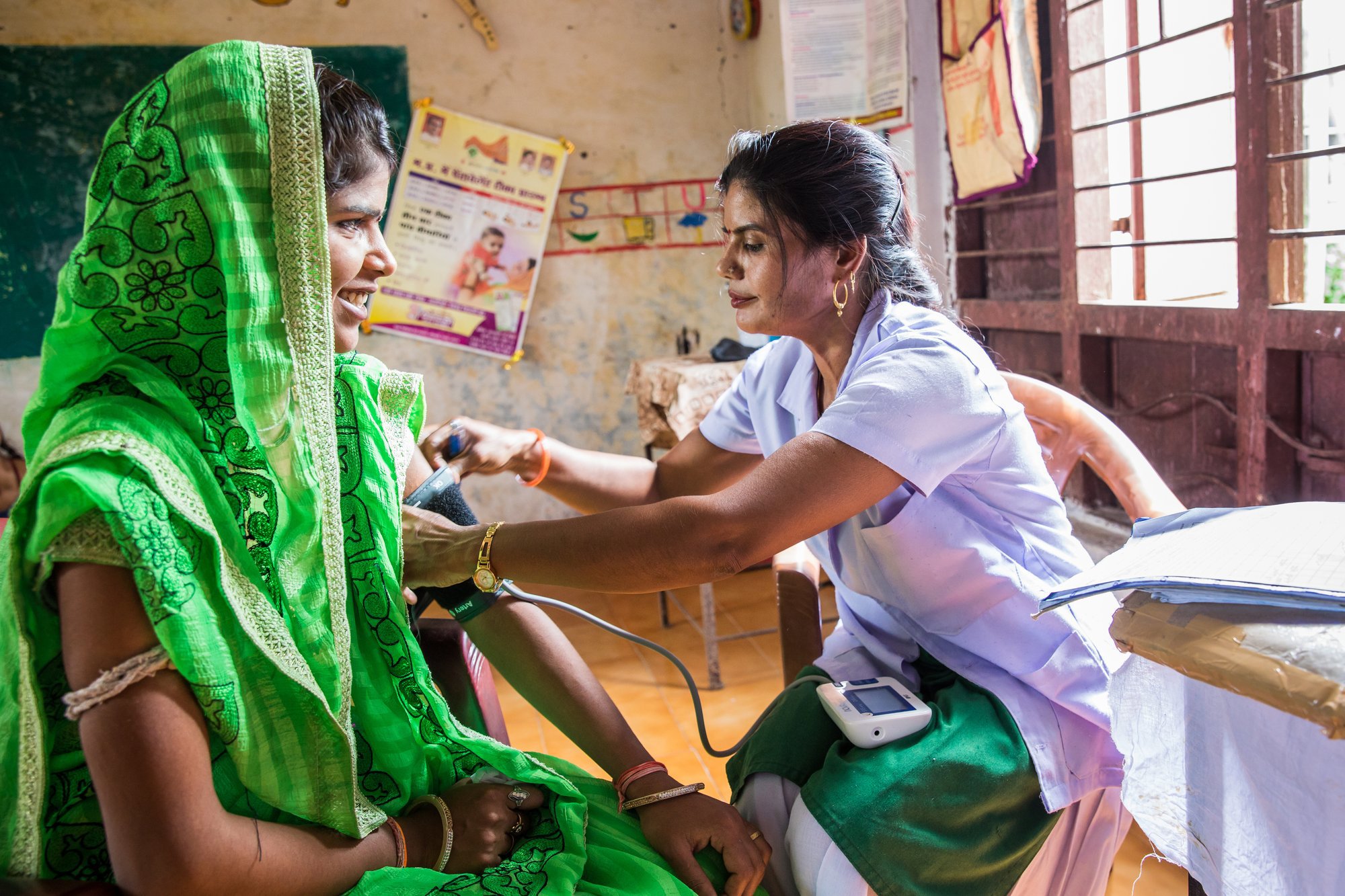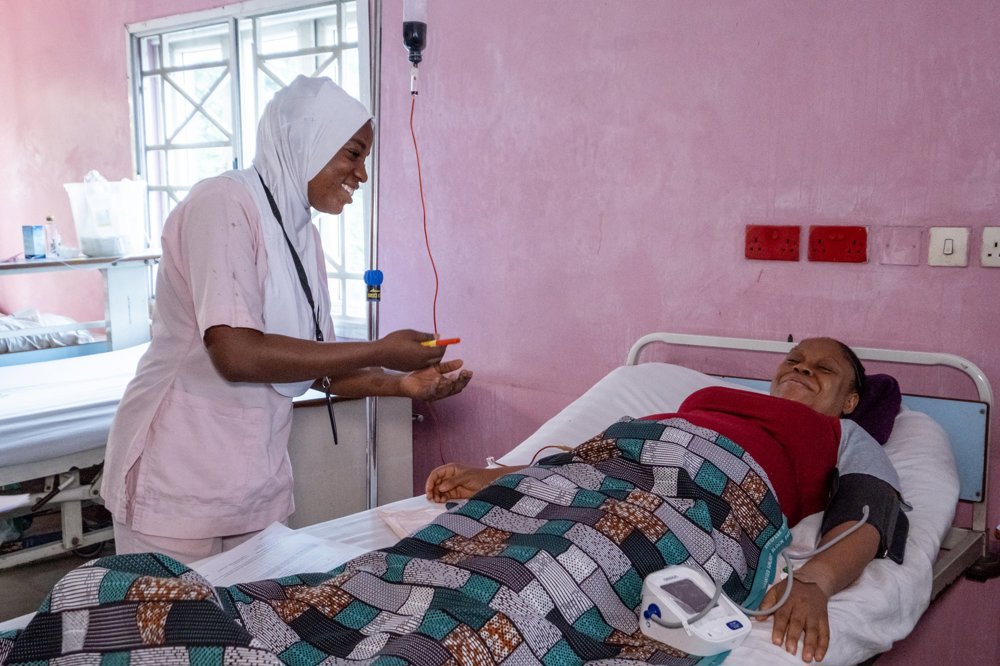Gates Foundation to invest $2.5bn to transform women’s health research
The five-year commitment targets long-neglected areas of women’s health, aiming to drive innovation and improve outcomes for millions worldwide.
Wednesday, 06 August 2025

The five-year commitment targets long-neglected areas of women’s health, aiming to drive innovation and improve outcomes for millions worldwide.
Wednesday, 06 August 2025

The Gates Foundation has announced it will commit US$2.5 billion over the next five years to accelerate research and development (R&D) focused exclusively on women's health. The funding will support the advancement of more than 40 innovations in five critical, chronically underfunded areas-particularly those affecting women in low- and middle-income countries.
"For too long, women have suffered from health conditions that are misunderstood, misdiagnosed, or ignored," said Dr Anita Zaidi, President of the Gates Foundation's Gender Equality Division. "We want this investment to spark a new era of women-centred innovation-one where women's lives, bodies, and voices are prioritised in health R&D."
Women's health R&D remains chronically underfunded. Areas such as gynaecological and menstrual health, obstetric care, contraceptive innovation, sexually transmitted infections (STIs) solutions (including HIV PrEP for women), and maternal health and nutrition receive limited investment. As a result, critical issues like pre-eclampsia, gestational diabetes, heavy menstrual bleeding, endometriosis, and menopause-which together affect hundreds of millions of women-remain deeply under-researched.
"This is the largest investment we've ever made in women's health research and development, but it still falls far short of what is needed in a neglected and underfunded area of huge human need and opportunity," explained Zaidi. "Women's health is not just a philanthropic cause-it's an investable opportunity with immense potential for scientific breakthroughs that could help millions of women. What's needed is the will to pursue and follow through."

Above: New mother Sowende Temitope has her vitals checked by prior to receiving an iron infusion in Lagos, Nigeria. Photo: Gates Archive/Nyancho NwaNri
Top: A pregnant woman visits an Anganwadi Centre (AWC) for a health check up by an Auxiliary Nurse Midwife (ANM) Worker in Bhopal, Madhya Pradesh, India. Photo: Gates Archive/Mansi Midha.
"We want this investment to spark a new era of women-centred innovation-one where women's lives, bodies, and voices are prioritised in health R&D."
Dr Anita Zaidi, President of the Gates Foundation's Gender Equality Division
To close persistent gaps in funding and research, the foundation is urging governments, philanthropists, investors, and the private sector to co-invest in women's health innovations, help shape product development, and ensure access to treatments for the women and girls who need them most.
The US$2.5 billion investment will advance innovation across five high-impact areas of a woman's lifespan:
Areas of breakthrough potential include research into the vaginal microbiome, first-in-class therapeutics for pre-eclampsia, and non-hormonal contraception. Included in the commitment are investments that will support data generation and advocacy to help ensure product uptake and impact upon approval.
“We see the consequences of underinvestment in women’s health innovation every day when women suffer needlessly, and sometimes lose their lives, because of the gaps in how we understand and treat conditions that uniquely affect them,” said Dr Bosede Afolabi, Professor of Obstetrics and Gynaecology at the College of Medicine, University of Lagos.
"This commitment brings much-needed attention to the health challenges women face in places where resources are most limited and the burden is highest," she added. "It reflects a recognition that women's lives-and the innovations that support them-must be prioritised everywhere."
By addressing long-standing gaps in women's health, the investment aims to unlock broader social and economic gains. Research shows that every US$1 invested in women's health yields US$3 in economic growth, and closing the gender health gap could boost the global economy by US$1 trillion per year by 2040.
It's a good idea to use a strong password that you're not using elsewhere.
Remember password? Login here
Our content is free but you need to subscribe to unlock full access to our site.
Already subscribed? Login here